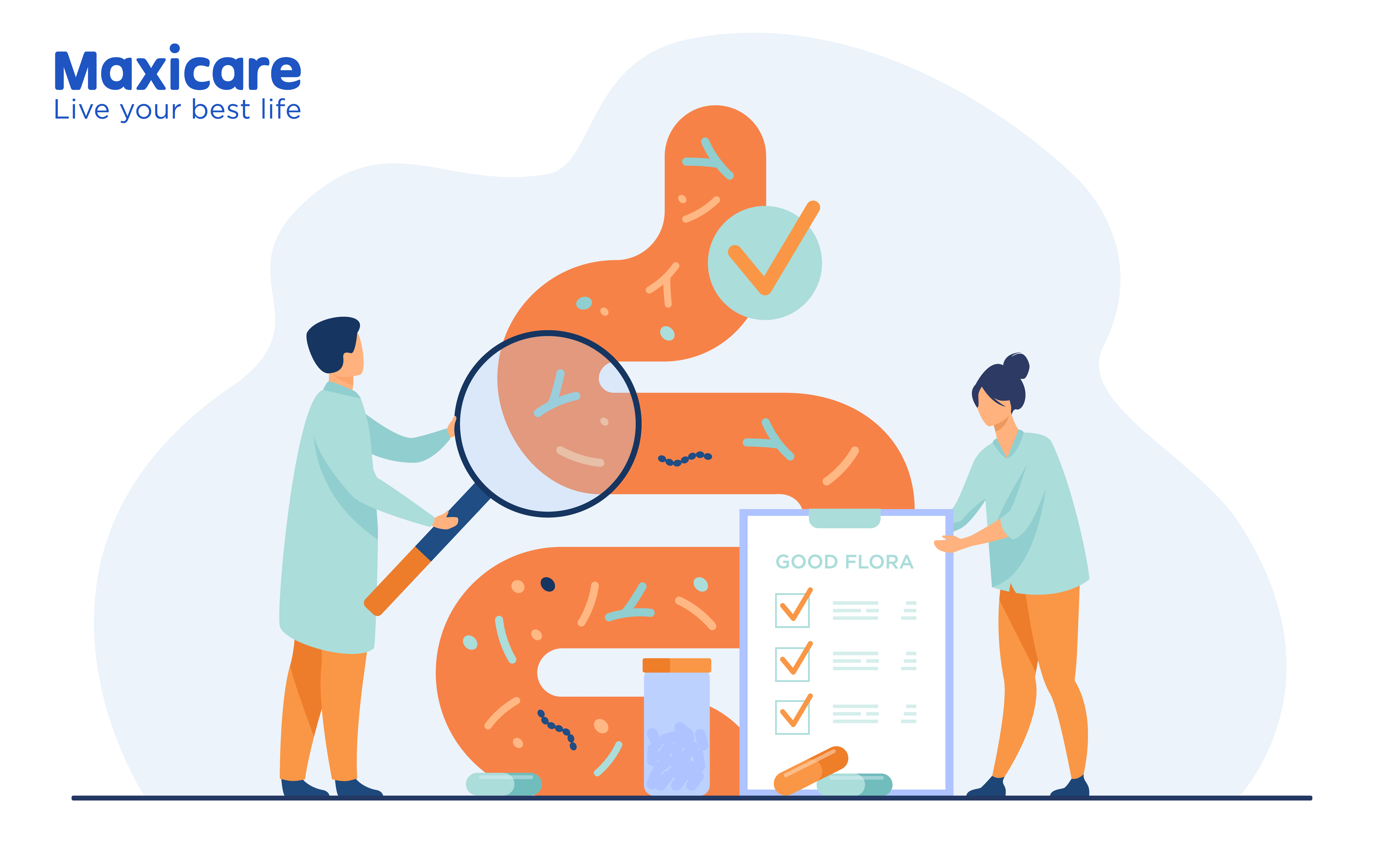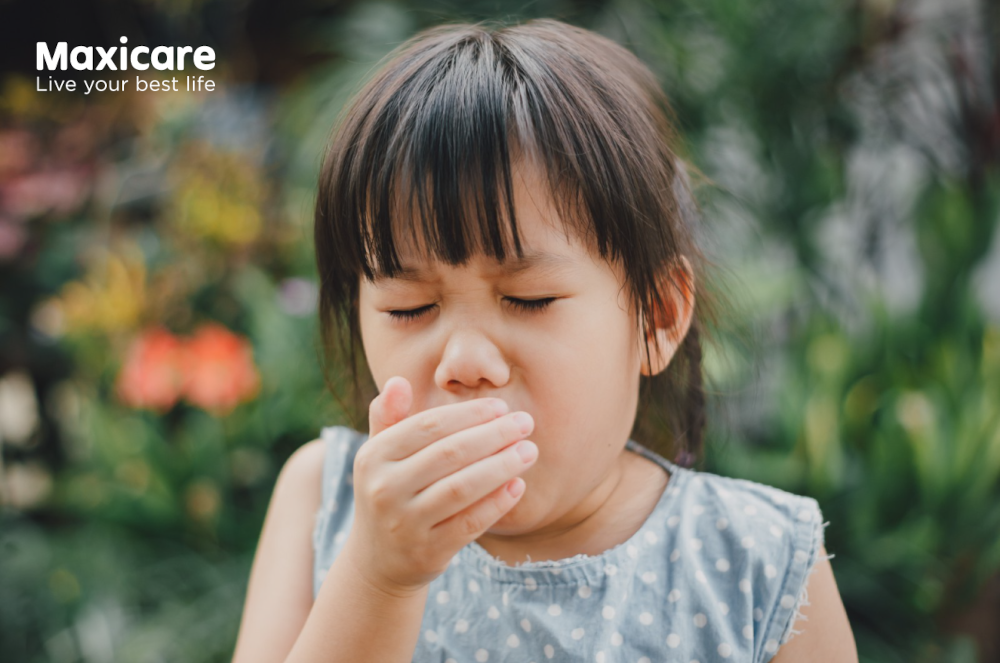
Have you ever had too much to eat or had a bad meal and drink combination? This is your digestive system’s way of saying it needs a little TLC. Digestive problems are all too common, and most people will at least experience some type of abdominal discomfort in their lives at some point.
If you find yourself bloated, congested, or visiting the toilet way too often, here are some ways to reintroduce healthy bacteria and regain the balance in your gut.
Eat the Right Foods
The key to gut health is your gut bacteria, and you can support these little microbes in your stomach by eating foods rich in prebiotics and probiotics. Prebiotics are foods rich in nutrients like fiber that support the bacteria in your gut. Probiotics, meanwhile, are foods rich in microbes that can improve the balance of microorganisms in your digestive system.
1. Bananas
Bananas are full of fiber that good bacteria enjoy. They also contain healthy minerals.
2. Almonds
Almonds have good probiotic properties, which means they are a treat for your gut bacteria – high in fiber and full of fatty acids and polyphenols. Do consume in moderation, though.
3. Yogurt
Yogurt is an excellent source of probiotics. Try sticking to sugar-free, full-fat versions and add fruits for a filling and satisfying breakfast or midday snack. You can also try yogurt drinks.
4. Soybeans
Studies show that soy consumption may slightly lower the risk for gastrointestinal cancers. Including this in your regular diet will give you tons of benefits.
5. Whole grains
Whole-grain food is an excellent source of vitamins, minerals, and fiber. Some of the best whole grains are oats, wheat, and brown rice.
Stay Hydrated
Hydration is a key component of ensuring gut flora diversity. That’s because water mixes with the soluble fiber you ingest to create the prebiotic your gut microbiome needs to flourish.
Also, ever notice how when you’re dehydrated, you feel constipated and gassy? This is also because of the lack of water in your digestive system. So keep yourself hydrated by drinking plenty of water and eating water-rich foods like fruits and vegetables.
Manage your Stress
Stress has a pretty big impact on your digestive health. Stress produces hormones that can cause stomach ulcers, diarrhea OR constipation, or irritable bowel syndrome. This is because of the brain-gut connection; what can affect the brain can affect the gut.
The hormones produced during stress can disrupt your digestion by pulling blood away from your digestive system. This can directly impact the microbiota in your gut. This is why reducing stress can help significantly improve your digestion.
Need quick tummy relief?
Book a consultation with licensed gastroenterologists by calling Maxicare’s 24/7 Teleconsult hotline today!
References:
https://www.mayoclinichealthsystem.org/hometown-health/speaking-of-health/good-bacteria-for-your-gut
https://www.wellandgood.com/hydration-and-gut-health/
https://www.healthline.com/nutrition/ways-to-improve-digestion













